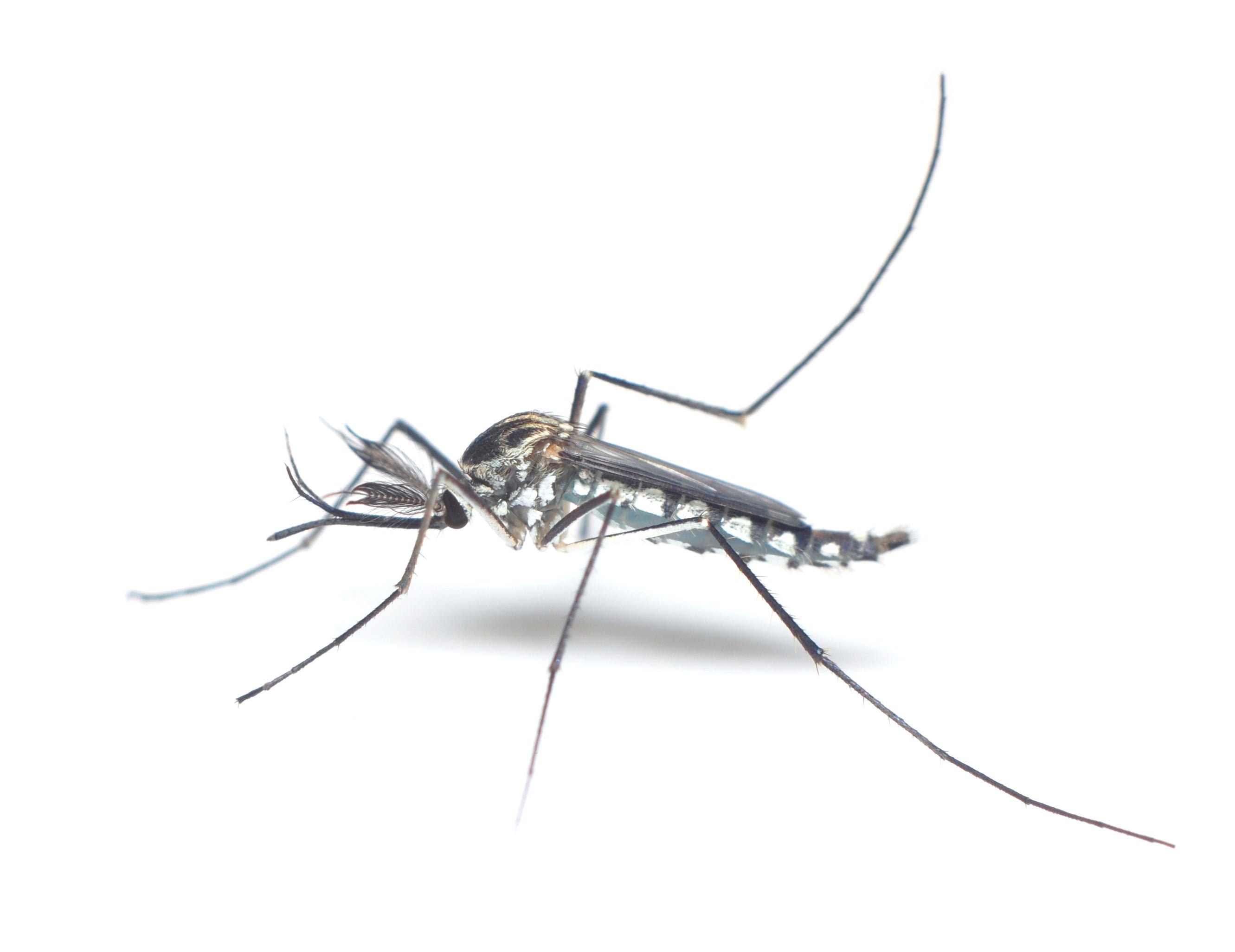ADPH official: Misinformation spreading about Zika virus
Published 4:40 pm Thursday, August 16, 2018

- There are three Zika virus open investigations in Shelby County, but those cases have not been confirmed, according to an Alabama Department of Public Health official. (File)
The Alabama Department of Public Health is trying to clear up misinformation being spread about the Zika virus.
Dr. Dee Jones, state public health veterinarian, said there are three open investigations in Shelby County, but those cases have not been confirmed. There’s a big difference, he said during a phone interview on Aug. 16.
An open investigation means that someone has traveled to an endemic Zika virus area and meets the criteria for testing. During open investigations, yard inspections in neighborhoods are conducted and information pamphlets about mosquito control around the home and mosquito bite prevention are disseminated as precautionary measures.
“This is our normal routine,” Jones said. “Most times we will do yard inspections and send out notifications before we get test results back.”
Jones said there are multiple open cases throughout the state, but so far this year only three cases have been confirmed in Alabama, which means people have tested positive for the virus.
To date in Alabama, the Zika virus has only been identified in individuals known to have traveled to areas where Zika is known to be endemic. The three confirmed cases are completely separate from the three open investigations in Shelby County.
“You have to travel to catch the virus,” Jones said. “We do not have local transmission, which happens when someone gets the virus and they have not traveled to an endemic area. The goal is to prevent local transmission.”
Jones said pregnant women and those sexually involved with pregnant women should be the most vigilant about minimizing their risks of exposure to the virus.
Infection with the Zika virus causes only mild symptoms in the majority of the cases, but the biggest risk is to pregnant women. Zika is now known to cause birth defects and other poor pregnancy-related outcomes if infection occurs during pregnancy.
There are also several open investigations of West Nile in Alabama.
A part of preventing local transmission means educating the public about ways to reduce their exposure.
Luckily, there are several things residents can do to lower the risk of disease. Jones said the best way to avoid getting a disease from a mosquito is to reduce the risk of being bitten.
Residents can help keep mosquitoes off of their skin and out of their yard by following these recommendations from the Centers for Disease Control and Prevention (CDC):
-When going outdoors, use EPA-registered repellents containing 20 percent DEET on skin or permethrin on clothes. Follow label instructions carefully when using any repellent. Repellents should not be used on infants less than 2 months old.
-Wear loose-fitting long sleeves and long pants.
-Install or repair screens on windows and doors. Use air-conditioning, if available.
-Empty standing water from items outside homes such as flowerpots, buckets, old tires and children’s pools.
-Clean clogged gutters and clear drainage ditches and pipes of debris.
For more information on repellents, visit http://cfpub.epa.gov/oppref/insect.
For more information on prevalence and prevention of mosquito-borne diseases in Alabama, visit http://www.alabamapublichealth.gov/mosquito/index.html.









